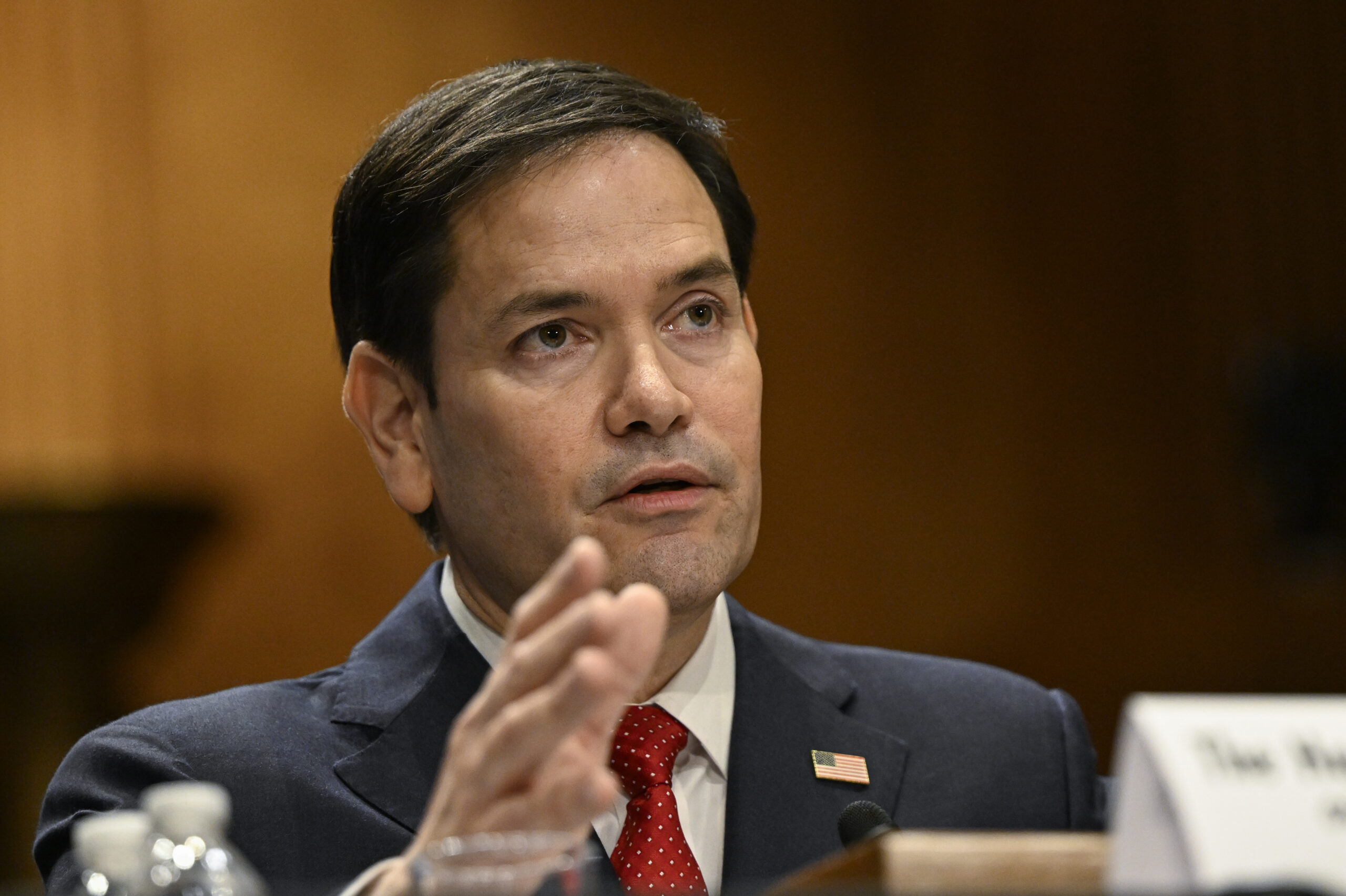Kennedy and the Catholic Vote
Earlier I speculated about what the death of Ted Kennedy means for conservatives who have relied on him as the stereotypical liberal for roughly 40 years. But there’s another symbolic void created by Kennedy’s absence from the political scene — he was last iconic Irish Catholic Democrat of national renown. There are still plenty of Irish Catholic Democrats, of course, including numerous Kennedys. But none of them have the symbolic resonances that Kennedy had, at least among older Catholics. For some American Irish Catholics, the idea of the Kennedys as a royal house, representing Throne and Altar alike, despite their deviations from the Altar’s teachings, was very powerful. Someone like John Kerry, by contrast, is just another Catholic liberal.
I remember around 1993, when I occasionally listened to Rush Limbaugh, a caller phoned in to say she agreed with Rush about everything but wished he would go easy on Ted Kennedy. She expressed the religious-political reverence that a certain generation held for Joe Kennedys sons. They beat the WASPs at their own game, after all, at a time when that still seemed like it mattered. Now a majority of the Supreme Court, the speaker of the House of Representatives, and the vice president are all Catholic, but nobody thinks this is very remarkable.
Will the death of Ted help move more Catholics toward the GOP? (Assuming, that is, the GOP can ever get its act together — one shouldn’t take that for granted.) The Republicans probably have a better chance of cultivating the next high-profile political Catholic, whoever it might be, since to make the most symbolic impact, the politician has to stand as an avatar of Church as well as State. Catholic Dems today have such a problematic relationship with the Church that I can’t see them filling the gap. (Most of them are no worse on points of Catholic doctrine than Ted himself was, but again, it’s important that Ted was of a time when Catholics of any kind were rare enough in national politics to be metaphorically powerful.) Then again, if the Democrats’ Catholic problem is their party’s secularism, the Republicans’ Catholic problem is their party’s evangelicalism. Evangelicals may not engage in much overt Catholic-baiting these days, but there’s still a very deep, if little articulated, cultural and philosophical divide. Catholics tend not to like the culturally fragmentary and politically expansive tilt of the evangelicals.
